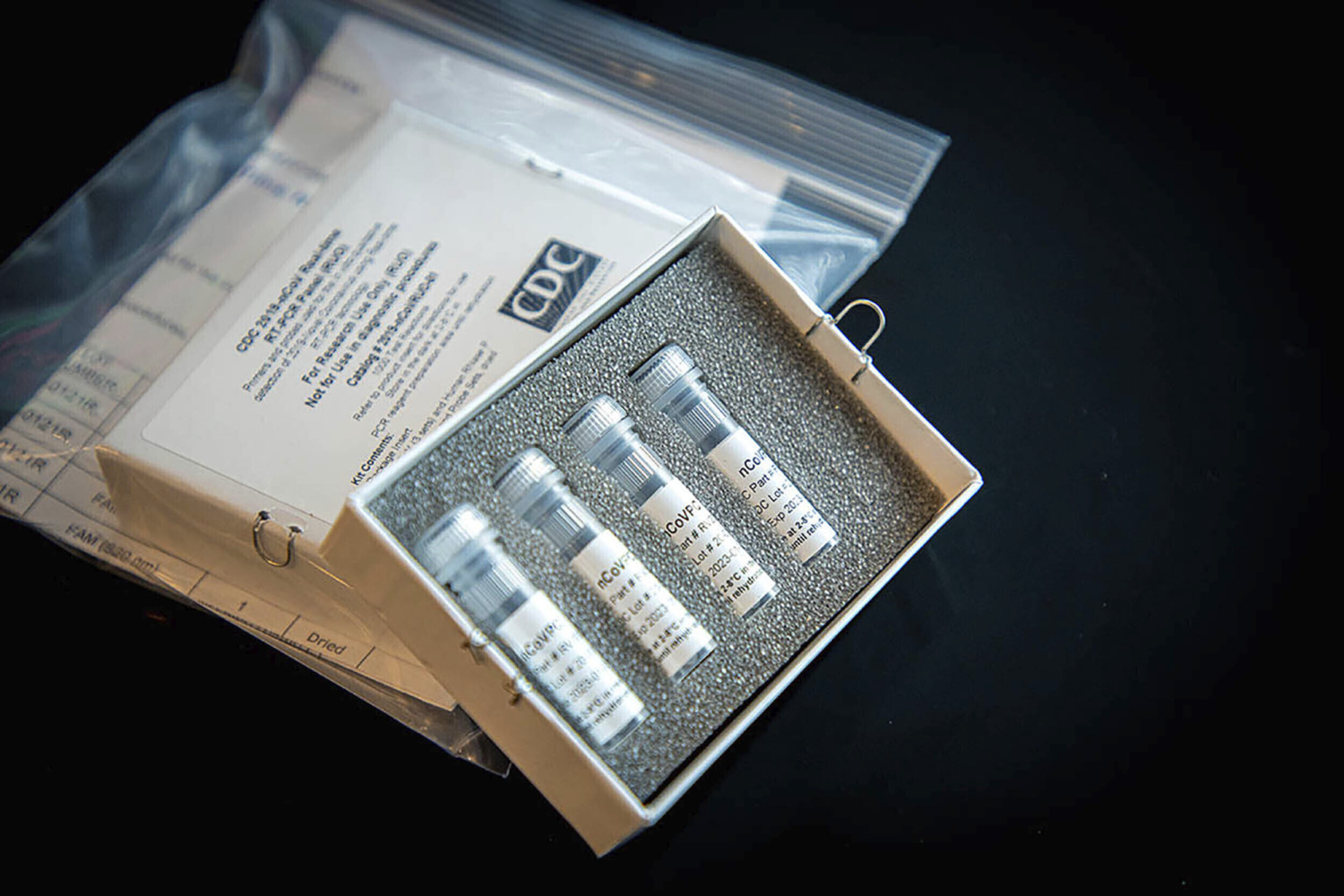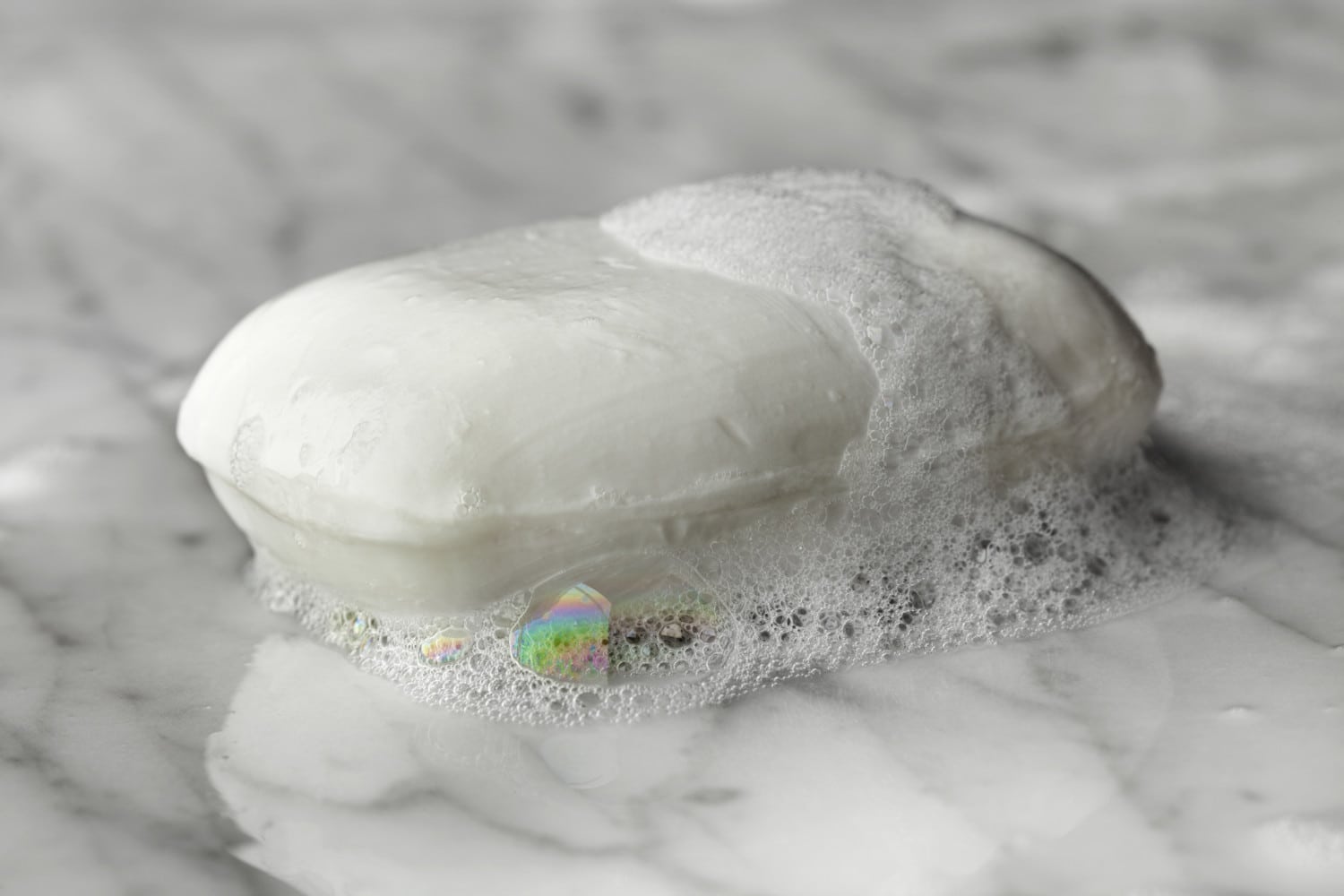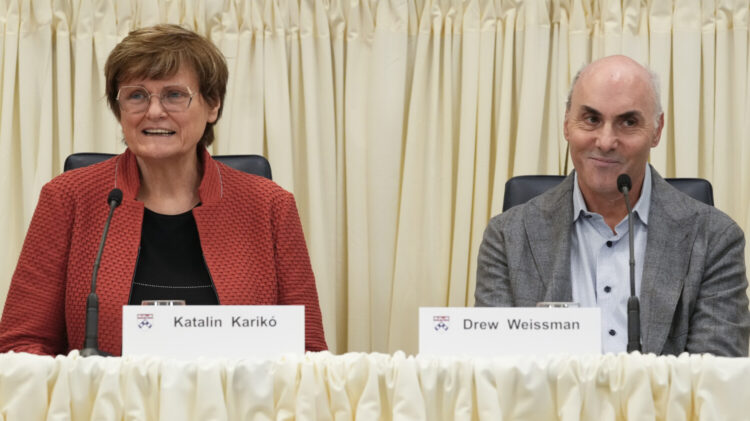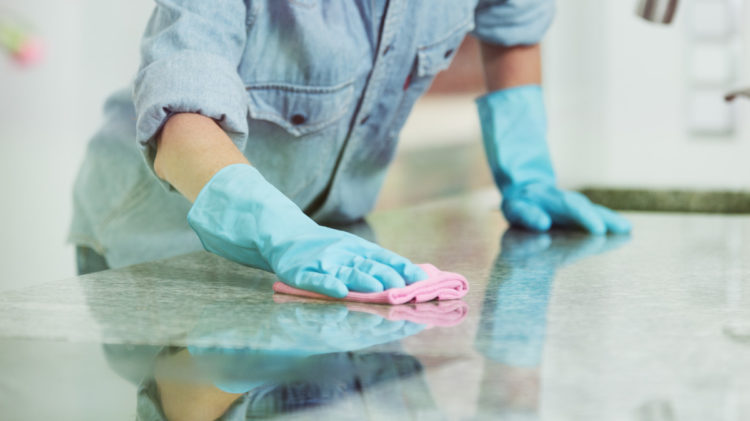Why soap and water make for such a strong defense against coronavirus
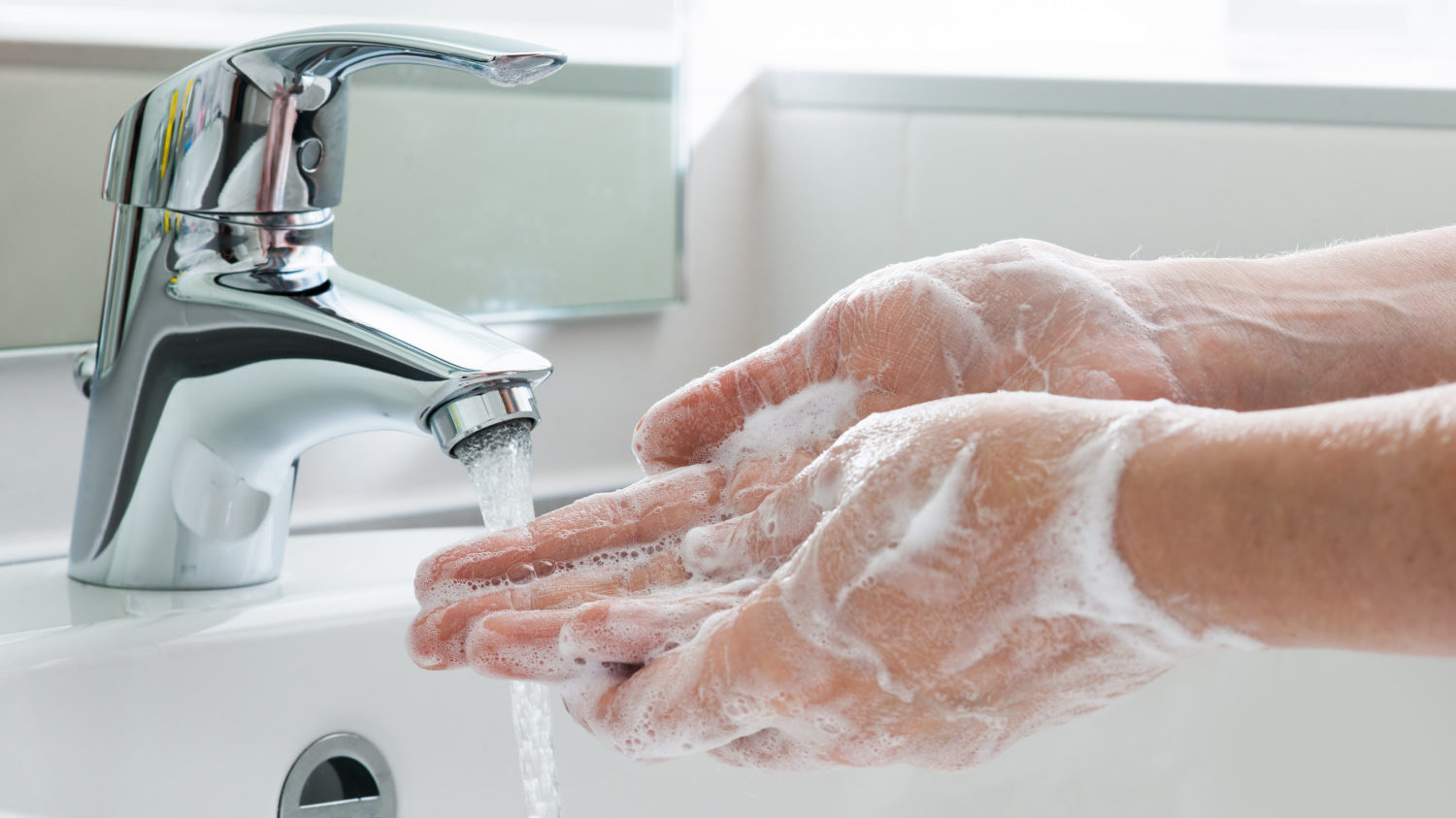
With the novel coronavirus COVID-19 continuing its spread across the country and the world, it can be easy to become overwhelmed with information — and just as easy to forget basic information — when it comes to germs. One bit of basic information that shouldn’t get buried is the fact that washing your hands with basic soap and water is still the best means of preventing the spread.
Germs that contribute to respiratory viruses like the novel coronavirus, the flu and the common cold are spread either via droplets in the air or from touching a contaminated surface and then touching your face with your hands. That’s why, aside from simply staying away from people who are ill so they don’t sneeze or cough on you, the Centers for Disease Control and Prevention (CDC) recommends washing your hands often, especially after coming into contact with a sick person or touching a surface that may be contaminated.
What’s so great about plain old soap? To understand what makes it a great defender against COVID-19 and other illnesses, you first have to understand what soap actually is and how it works.
Soap is a simple mixture of fat or oil, water and an alkali or basic salt. While soap doesn’t kill the germs on our hands, it does remove them. According to livescience.com, germs stick to the oils and grease on our hands and, because water and oil don’t mix, simply rinsing your hands with water won’t remove them. Soap, on the other hand, likes both oil and water and acts as a mediator between the water and oil molecules, binding with both of them at the same time. When you then rinse everything off, the soap carries away the germs with the water.
In a Twitter thread, Palli Thordarson, a chemistry professor at the University of New South Wales, says that skin is an ideal surface for a virus, which is why handwashing is so important.
“It is ‘organic’ and the proteins and fatty acids in the dead cells on the surface interact with the virus through both hydrogen bonds and the ‘fat-like’ hydrophilic interactions,” he wrote. “So when you touch say a steel surface with a virus particle on it, it will stick to your skin and hence get transferred onto your hands. But you are not (yet) infected. If you touch your face though, the virus can get transferred from your hands and on to your face.”
Thordarson went on to explain the benefits of soap, saying that while hand sanitizer or wipes are good to have if you’re out in public or don’t have access to soap and water, washing your hands for at least 20 seconds with good old-fashioned soap and water is best. If you do have to use sanitizer, the CDC says to make sure it has at least 60% alcohol.
4/25 Consequently, many antibacterial products are basically just an expensive version of soap in terms of how they act on viruses. Soap is the best but alcohol wipes are good when soap is not practical or handy (e.g. office receptions).
— Palli Thordarson (@PalliThordarson) March 8, 2020
This advice for washing your hands in soap and water includes all soap, by the way, from the plain bar soap in your shower to the fancy one that smells like spring flowers in your guest bathroom. Thordarson writes, however, that many antibacterial products are just expensive versions of soap in terms of how they act on viruses — so that cheap bar of soap in your bathroom works perfectly fine.
If you’re still not sure how to properly wash your hands, check out this video from the World Health Organization. WHO says the entire hand-washing process should take about a minute, including rinsing and drying.
For more information about prevention and treatment and what to do if you do end up sick, visit the CDC’s website.


